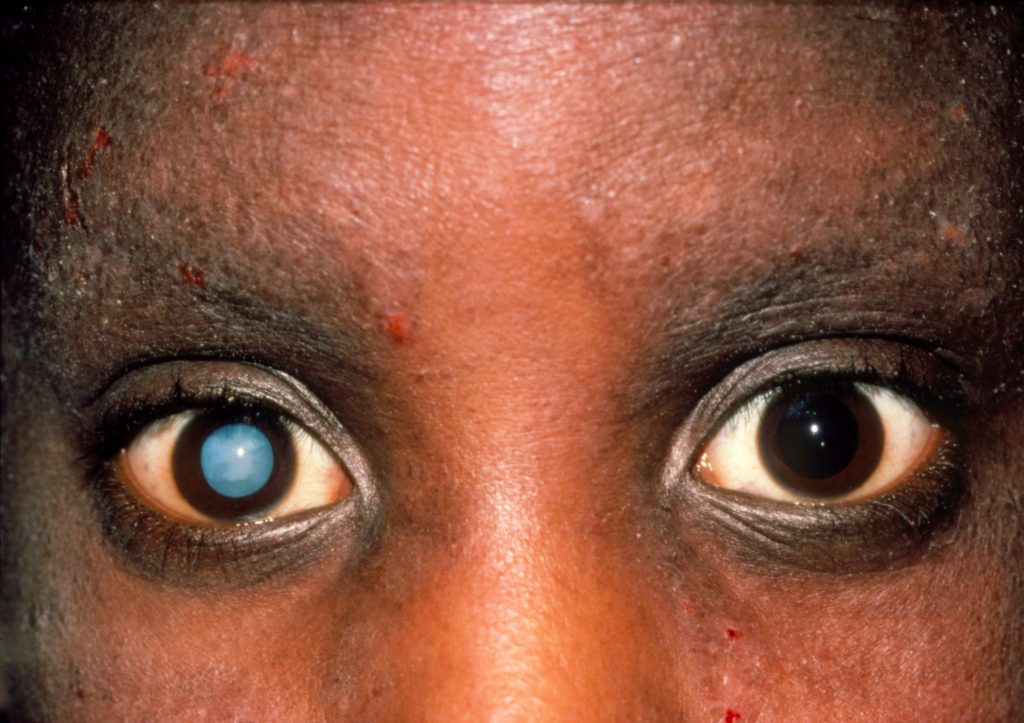Today, cataract is one of the leading causes of blindness in the world. ‘Vision problems’ and ‘the elderly people’ are probably what most people think when talking about it. This isn’t unexpected as half of the people who reach the age of 80 are chiefly to develop cataracts. But to let you know, cataracts are not related to a person’s age. Though you think that you have a perfect vision, you need to learn more about this, as it can affect everyone in some ways. That being said, it only means that everyone is at risk. The kind of lifestyle you live today may cause cataracts or other eye diseases in the future. Who would know? That is why the decisions you make today regarding your diet, habits, and eye and vision health are vital for tomorrow.

Here are the truths about cataracts that you might not know that you should know today!
- Age is not a determining factor
You need to know that your age isn’t a risk factor for developing this. Though it is true that cataracts most often occur among the elderly, anyone can have this eye disorder. There are even congenital cataracts cases.
The most at-risk ones are those who have had eye surgery, problems with glaucoma, and those who are often exposed to sunlight without wearing lenses for protection.
- They don’t form over the eye
Cataracts appear to be a thin layer on top of the lens of the eye, so people think they form over the eye. But the truth is that they don’t. Cataracts form inside the eye, and the distorted vision happens when the proteins, which compress the lens, are broken.
This manner is entirely painless, and you won’t notice it even after a few years have passed, by the time you might already need surgery.
- Common symptoms of cataracts
Cataracts develop slowly, but if you pay attention, you can easily recognize some of the symptoms in the early stages. Here are the following:
- Blurry vision
- A loss of peripheral vision – it means that it’s getting more difficult for you to see things that are not directly in front of you
- Difficulty in distinguishing colors
- Vision problem at night
- Double vision
- It can affect only one eye
You should also remember that cataracts might affect only one eye. It’s common for people to develop bilateral cataracts, but there are some people who are only affected on one side.
It can happen if a person suffers from trauma to one side. This is the reason why it’s always a great idea to see an eye specialist whenever you’ve experienced an accident around your eyes.
- Cataract surgery is safe and common
You are expected to feel fear when your doctor tells you that you have developed cataracts, and the best procedure is surgery. You should know that it’s one of the most common and safest medical interventions. Cataract surgery in Chicago is one of the most effective and safest procedures that there is. Cataract surgery requires only local anesthesia and a small incision, and no stitches are needed. It may only last for a few minutes.
- Surgery may not always be needed all the time
Depending on the severity, those who begin to have problems with cataracts may deal with less intrusive treatments. You can spend a few years without the need for surgery and without risking more problems related to cataracts.
However, it’s important to discuss it with your doctor and evaluate and assess everything. By doing that, you can make decisions, or you may find out that all you need is only some medications and regular visits to your doctor.




















